March 31, 1973: Ali vs Norton I
Few deny that Muhammad Ali was one of the greatest heavyweight boxers of all-time, perhaps even “The Greatest,” and a major part of the evidence for that claim is the fact that during his prime, only two men defeated him, both terrific fighters in their own right. One was Joe Frazier, his arch-rival, the man who sent Ali to hell and back in both their first great battle in 1971, and again in the monumental “Thrilla in Manila.” But if Ali was the Superman of the heavyweight division in the 1970’s, the other boxer who could rightfully claim to be his kryptonite was of course, Ken Norton.
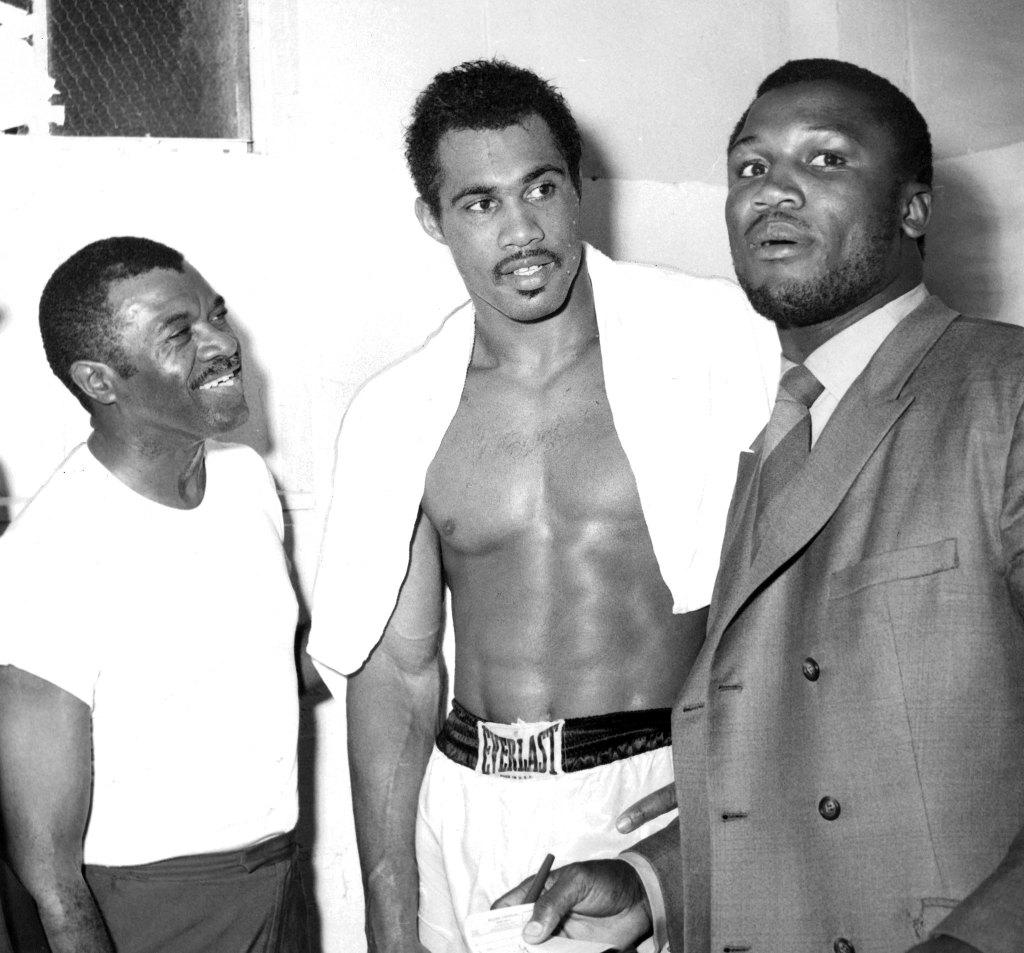
Norton’s ability to give Ali fits in all three of their clashes is evidence of the truth behind one of boxing’s most overused clichés, the famous saying that “styles make fights.” But the simple fact is some boxers simply have a style which causes all kinds of problems for a pugilist who is otherwise superior. For example, no one in their right mind would argue that Iran Barkley deserves to be regarded as a greater fighter than Thomas Hearns, but the record shows that “The Blade” beat “The Hitman” twice; Barkley just had Hearns’ number and that cannot be denied.
In the same way, Norton’s name is hardly uttered in any serious debate about the greatest heavyweights of all-time, and yet he not only gave Ali serious difficulties, but came very close to winning all three of their meetings.
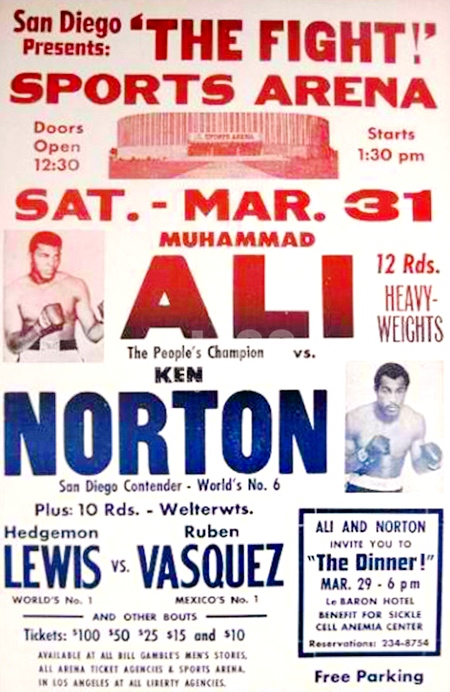
Ali’s long struggle with Ken Norton, one lasting thirty-nine tough, punishing rounds, began in Norton’s hometown of San Diego, California. Norton was a relative unknown and a huge underdog, but from the opening bell his jerky movement, tricky defense and effective left jab gave the former champion pause. The fact Ali was in for a much tougher fight than anyone anticipated was clear as early as the second round, a stanza which saw Norton score with several looping left hooks, as well as some stiff jabs and lead right hands. Norton out-landed Ali 34 to 12 in that round, while connecting at a much higher percentage (63%) than the Louisville native (26%).
Ali reversed the tide in round three, circling the ring on his toes, flicking out his jab, and showing the skills that made him so successful. His movement flummoxed Norton, who had difficulty cutting off the ring. This proved to be a pattern of the fight; when Ali used his stick-and-move tactics he was effective, but when he elected to stand and trade, he paid a high price.
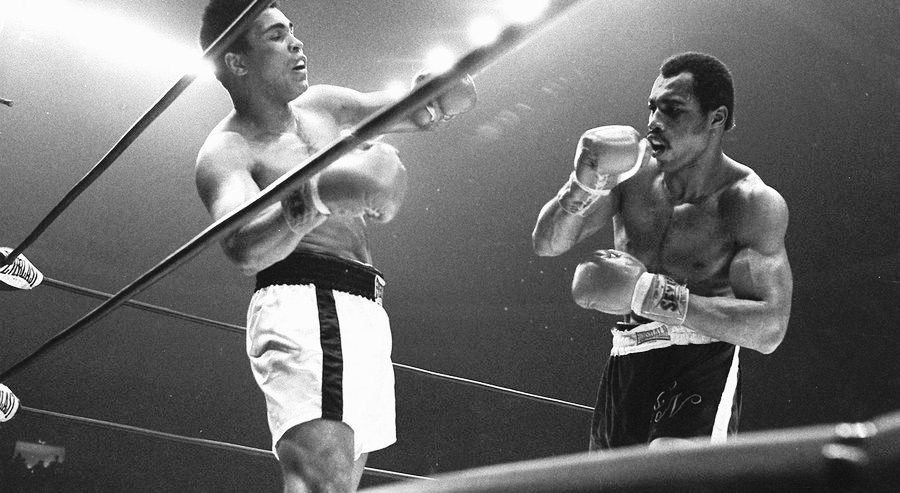
At the start of round six, ringside commentator Howard Cosell summarized the match to that point: “Either Kenny Norton is a much smarter, much better fighter than anybody thought, or Muhammad Ali has gone back a lot more than one could have reasonably believed.” But in retrospect it was unfair to Norton to say his success was due to Ali’s apparent lethargy or supposed decline. Simply put, Norton deserved tremendous credit for getting into peak condition, boxing with great poise and discipline, and executing Eddie Futch’s game-plan to perfection.
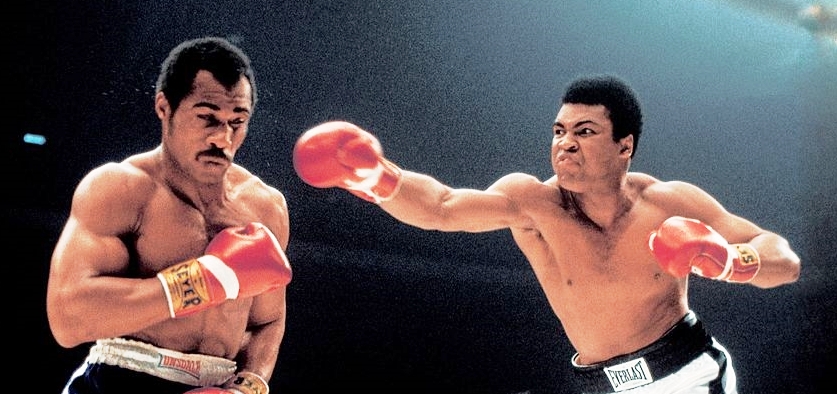
Ali managed a resurgence in round eight as he got on his bicycle again and stayed one step ahead of the pursuing Norton. Despite not landing damaging blows, his savvy ring skills were evident as he took control of the pace and prevented Norton from cornering him. But the ex-champion’s success proved fleeting as Norton had one of his best rounds in the ninth, snapping Ali’s head back with a hard left jab while blocking or slipping the lead left of “The Louisville Lip.” Norton was also able to pin his opponent to the ropes and drive home some vicious body blows, going on to out-land Ali 30 to 9 in this stanza.
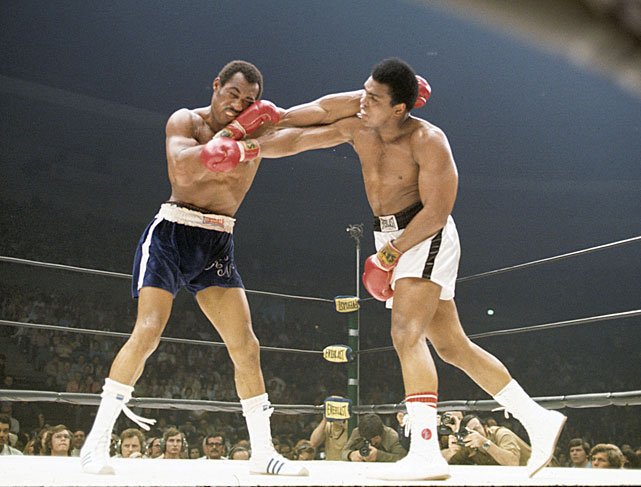
By round 12 it was clear to anyone watching with attention that a massive upset was about to happen, that Muhammad needed a stoppage to win. But despite his points lead, Norton closed the show with the same aggression and fearlessness he had demonstrated throughout the contest. In the final round he forced the fight and pursued Ali to the ropes where he struck to the body with heavy punches, and with a minute left, he landed with authority a left hook-right hand combination. Norton put an exclamation point on the fight, outworking and outpunching the former champion, in complete command at the final bell.
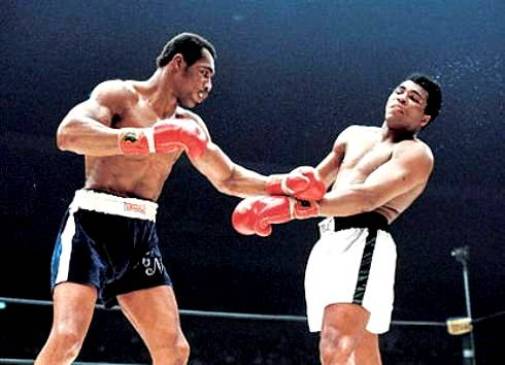
Despite this, hearing the official decision go to the underdog was still a shock for sports fans everywhere, though the punch stats clearly supported the judges’ verdict, with Norton landing 233 total punches to Ali’s meager 171. It was a huge upset and a result that showed that no matter how brilliant a boxer may be, there is always someone, somewhere, with the style and strategy to beat the unbeatable. There was also the fact that Ali was by all accounts in less than prime condition, while Norton had whipped himself into the best shape of his life. And he followed perfectly the plan set out by his prolific trainer, Eddie Futch, the man who was also the strategic mastermind behind Ali’s loss to Frazier.

In a memorable moment after the fight, Cosell, who had given Norton no chance to win, told him in the post-fight interview, “Kenny, you made me look silly.” “That’s okay, Howard,” replied Norton. “You always look silly.”
Following the match it was revealed that Norton had broken Ali’s jaw. When exactly the injury occurred is impossible to know for certain, though Ali and his corner always insisted it happened in the second round. If true, the feat of competing for ten rounds with such an injury against a pugilist as strong and powerful as Ken Norton has to rank as one of the greatest displays of courage in the history of boxing. However, Norton’s fervent opinion was that he broke Ali’s mandible in the final round.
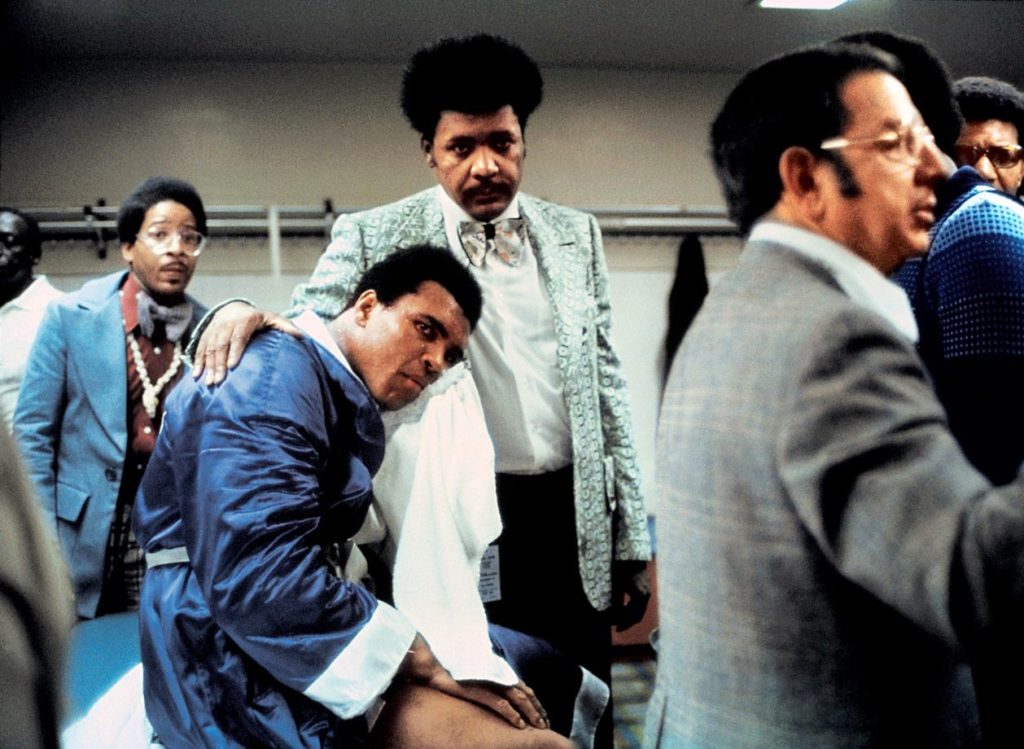
If the first Ali vs Norton match proves the truth of the old “styles make fights” adage, it also demonstrated how one opportunity can transform a person’s life. Prior to his battle with Ali, Norton was a single father who could barely make ends meet and no doubt his impressive performance was a product of being supremely motivated. Before the fight he was an unknown, a contender, one of many; after the fight, he joined the elite of the division and became a worthy challenger for heavyweight champion George Foreman. As Norton himself put it years later: “The first Ali fight gave me a chance to give my son more food, better clothes. A fight with Ali gave me a chance at life, period.”
— Jamie Rebner

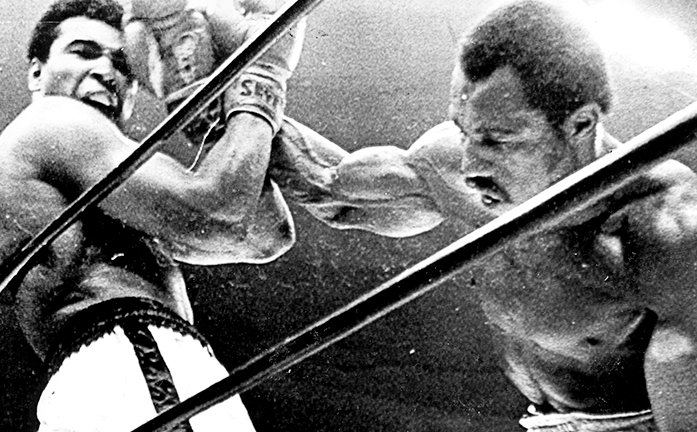

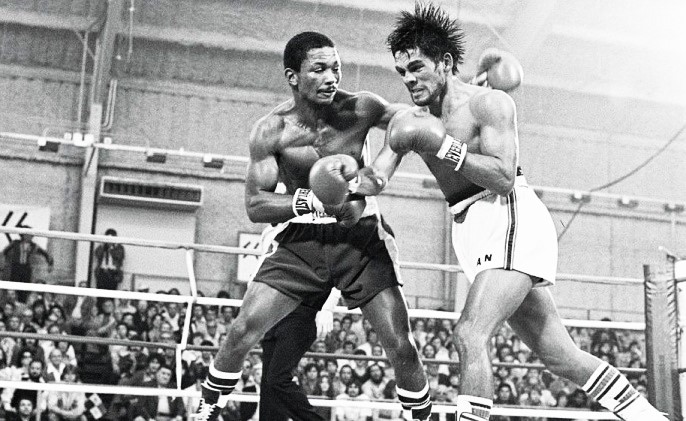
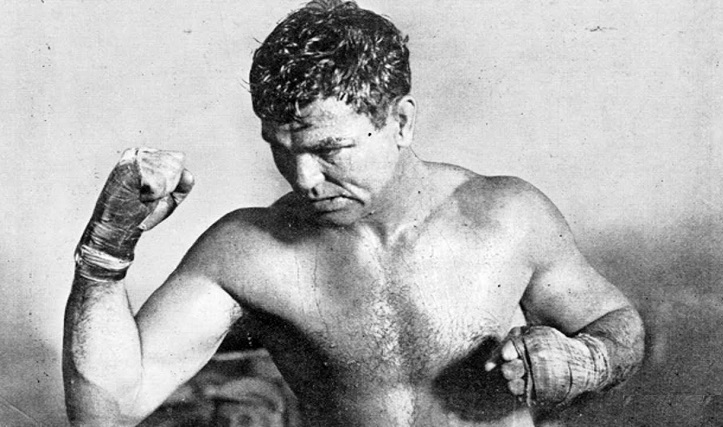
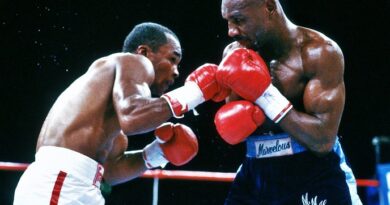
Great article.
Good for Norton. Watched the fight live on “Wild World Of Sports” that Saturday night. Thru the 1970’s…you see Ali…a shell of what he was from 1963 to 1967…get pounded from pillar to post…not do anything…and still get the “decision”. He got those “gift” decisions not for what he did in the ring…but because of who he was….
Truth …